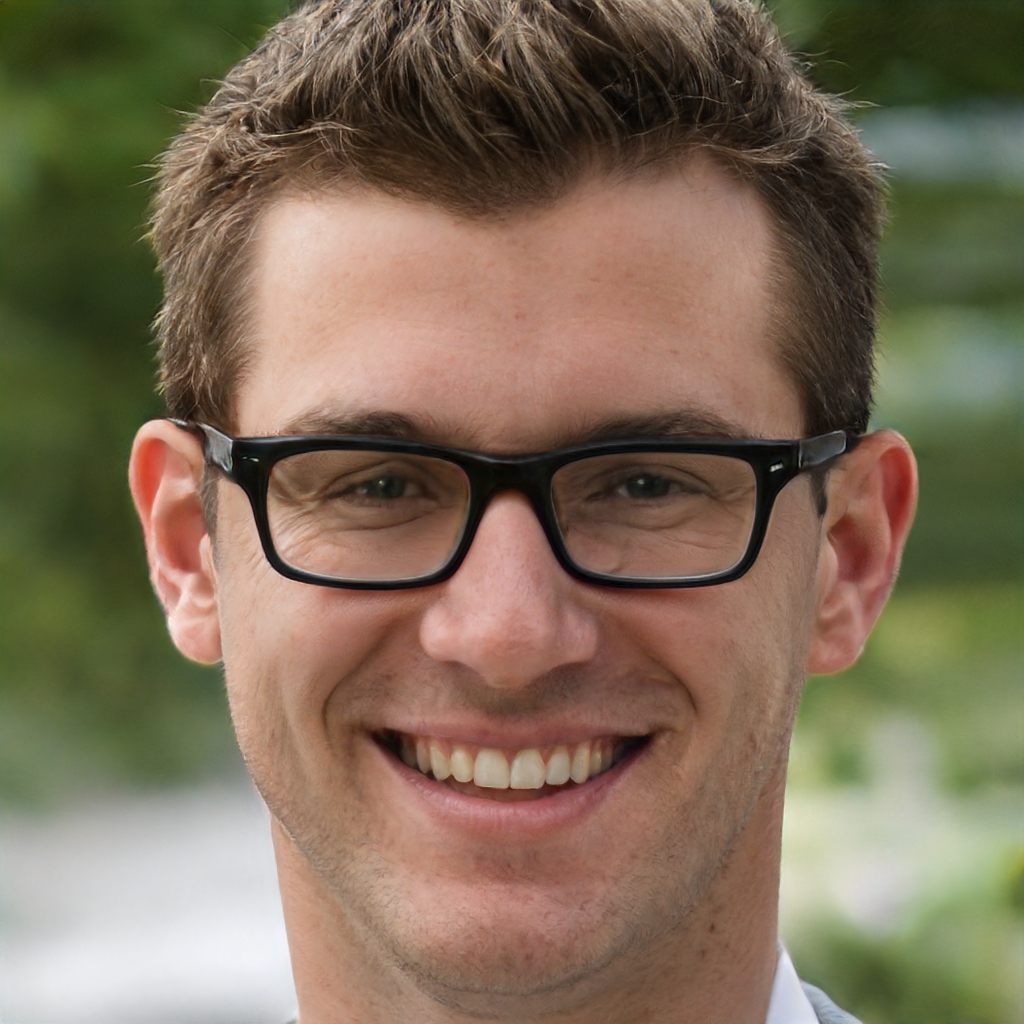The committee organizing the Christmas ball at the Royal Agricultural College in Cirencester is mulling over the menu for their black-tie event. They hope that Prince Harry will attend alongside 600 members of the college and guests from neighboring universities. "Emma is bringing sausages, and a Melton Mowbray. But what else?" they ask. In this office near the college bar, brainstorming menu options has become the focus of these students’ attention. A girl with a ponytail suggests serving "fish bits" and "bruschetta," only to be met with silence. Eventually, the group agrees on these options. The new principal of the college will appreciate the inclusion of gherkins and pickled eggs.
On the day before the ball, the campus feels skittish and festive despite the two-degree temperature. South African students even wear shorts, while a groundsman tends to a bonfire nearby. "They don’t seem to feel the cold," says Caroline Mountain, the college’s marketing director. To outsiders, the college raises many questions. Is it really as posh as it’s rumored to be? What does one do with a degree in equine management? Who attends this college when farming is no longer a popular career option?
The college’s public image seems to portray it as a place that provides one of the few undiluted havens for public school leavers. This stereotype suggests that students emerge reassured that there are still enough of them to constitute a powerful network. However, the college authorities say that this characterisation is unfair and that the college is an institution in the throes of change. The students themselves are 40% from a non-farming background and study a wide range of courses from traditional ones such as animal management and crop production to new courses such as BSc Hons in business management and property agency.
First impressions of the college put it even somewhere between the two. Caroline Mountain, a graduate in English from the University of Wales who is not a toff, says that the students are "charming, polite, nice" while 40% come from a non-farming background. The college is changing, offering courses both traditional and new, necessary for those with large family estates to manage.
The college has undergone a significant change lately, with funding being the most radical one. Previously a private institution that charged fees ranging from £5,000 to £6,000 per annum, the college became publically-funded in October 2001. The principal, Professor David Leaver, who took on the role in August, believes that graduates of the college are highly sought after in the global food industry, and are not restricted to students with a farming background. Furthermore, the college has been actively trying to promote itself as simply "Cirencester," and its faculty has been manning stalls at various careers fairs to diversify its student population. Vice-principal Paul Davies has been with the college for 15 years, and has witnessed a significant change in the backgrounds of the students attending the college. Traditionally, the college catered predominantly to students from private schools, but this has changed over the years with more students seeking admission from state schools and international students from all over the world, irrespective of race. Sophie Hughes, one of the college’s new students, is a prime example of this change in the student population. Hughes came to the college to study business management and equine journalism, having previously attended a private boarding school and then completing her A-levels and AS-levels at a state sixth-form college. Despite rumours of the college being a place to find a wealthy spouse, Hughes confirms that the college is known worldwide for its academic excellence and a diverse student population.
As Seymour poses for a photo, his buddies teasingly gather to mock him for his looks. "Seb, you’re too unsightly to be featured in the newspaper." However, Seymour maintains his composure and compliments the photographer, Graham, on the great picture. When Graham suddenly begins to choke, Seymour rushes to get him a glass of water, displaying great chivalry and concern. Hughes, who is in a rush to attend a lecture on management decision-making, dreams of working for the property firm, FPD Savills after completing her degree, but also entertains the idea of a career with horses. She shares that a friend with a degree in equine science is presently working as a nutritionist for Spillers, a horse and pony food company. Some of Hughes’s acquaintances have done internships or worked for JCB in India, Chester racecourse, or a tobacco company in Zimbabwe, although such options are not as common nowadays. When inquired about exploiting the college’s farming expertise, Hughes shows dismay, stating that she has no desire to get involved in agriculture.
As Cirencester continues its rebranding campaign, it has made subtle progress. It still needs to break free from the connection with students who, owing to their backgrounds, do not necessarily require formal education. On Friday night’s ball, Prince Harry’s absence, much to the relief of the administration, might have contributed to this end.
